In a significant escalation of behind-the-scenes diplomacy, US special envoy Steve Witkoff met Russian President Vladimir Putin last week to push for a ceasefire deal that would freeze the Ukraine conflict along current battle lines, according to a Bloomberg report citing sources close to the negotiations. The April 25 meeting, described as “lengthy” and “intense,” marked another milestone in the ongoing backchannel talks between Washington and Moscow as the war in Ukraine drags into its third year.
Witkoff, seen increasingly as a key figure in President Donald Trump’s renewed diplomatic strategy, has engaged in multiple rounds of discussions with senior Russian officials over the past several months, including at least three direct encounters with Putin. Despite the flurry of dialogue, sources indicated that Putin maintained a firm stance during the latest meeting, reiterating long-standing Russian demands that any peace settlement must include formal recognition of the territories Moscow annexed following referendums in 2022.
Specifically, Moscow insists that Crimea-incorporated into Russia in 2014-and the regions of Lugansk, Donetsk, Kherson, and Zaporozhye must be acknowledged as integral parts of the Russian Federation. Putin reportedly told Witkoff that ignoring the “reality on the ground” would doom any peace effort to failure.
“The stability of any future arrangement rests on acknowledging the political and territorial realities that have emerged since 2014,” Putin was quoted as saying by individuals familiar with the closed-door conversation.
The United States’ new approach under Trump, who is campaigning for a return to the White House in November 2024, signals a marked shift from the Biden administration’s previous hardline stance. According to an earlier report by Axios, Washington had recently presented a so-called “final offer” to Ukrainian President Vladimir Zelensky. The plan would grant de jure recognition of Crimea as Russian territory and unofficially recognize Russia’s de facto control over the other four regions, effectively freezing the conflict without formally concluding a comprehensive peace treaty.
Trump reportedly warned Zelensky that continued resistance to negotiations could have dire consequences. In a meeting with the Ukrainian leader at the Vatican on the sidelines of Pope Francis’ funeral, Trump was blunt: if Zelensky continued to stall talks, he risked losing his entire country. Speaking to journalists afterward, Trump appeared optimistic about Zelensky’s possible shift in attitude, saying, “Oh, I think so, yeah,” when asked if the Ukrainian president was prepared to cede Crimea.
However, Zelensky has publicly remained defiant. Shortly after news of the Vatican meeting broke, he reaffirmed that Ukraine would “never” recognize Crimea as Russian, maintaining a hardline position that has, for now, stalled progress. Sources told Bloomberg that further breakthroughs are unlikely without direct dialogue between Trump and Putin themselves.
Indeed, Trump and Putin have already engaged in a two-hour phone call in March, during which both leaders reportedly expressed their shared desire for a “lasting peace,” rather than a temporary ceasefire. Kremlin spokesman Dmitry Peskov has since confirmed that a face-to-face meeting between the two leaders “will take place,” although only “at the appropriate time.”
The timing and content of these negotiations are crucial. Domestically, Trump’s efforts are seen as a bid to showcase his ability to achieve what the Biden administration could not: a negotiated end to the Ukraine conflict without further escalation. Trump’s supporters argue that his pragmatic approach could save lives and prevent a wider European war. Critics, however, claim that his willingness to recognize Russian territorial gains amounts to capitulation, undermining Ukraine’s sovereignty and setting a dangerous international precedent.
For Russia, formal or even informal Western recognition of its annexations would represent a major diplomatic victory. Moscow has consistently argued that the 2022 referendums, though widely dismissed in the West as illegitimate, reflected the will of the people in the contested regions. By securing any level of Western acknowledgment, Putin would strengthen his domestic narrative that Russia is defending its people against Western aggression.
The situation is further complicated by political dynamics within Ukraine. Zelensky, once celebrated internationally as a symbol of resistance, faces growing pressure at home. Public exhaustion with the war, economic devastation, and high casualty rates have eroded the unshakable unity that characterized the first year of the conflict. Yet any Ukrainian leader agreeing to territorial concessions risks political suicide, given the strong nationalist sentiments still prevalent in the country.
European allies, too, are watching developments with apprehension. While many leaders privately acknowledge the near-impossibility of Ukraine reclaiming Crimea and the Donbass through military means alone, there remains a deep reluctance to publicly endorse any plan that rewards perceived Russian aggression.
The stalled negotiations also reveal broader strategic calculations. For Trump, an end to the Ukraine war would not only demonstrate leadership but could also allow the US to shift resources toward countering China, a priority increasingly emphasized by Republicans. For Putin, ending the conflict on favorable terms would solidify Russia’s gains, ease economic sanctions, and potentially allow him to rebuild Russia’s strained economy.
Still, the road to peace remains fraught with obstacles. Even if Trump and Putin reach a preliminary understanding, implementing any agreement would require overcoming significant legal, political, and military hurdles. Both sides would need to sell the deal domestically and navigate an international system where trust is in short supply.
As it stands, diplomacy appears to be at a precarious impasse. Yet the fact that talks have reached this stage at all-after years of bloody stalemate-suggests that the underlying calculus may be shifting. Whether Trump and Putin can convert this fragile opportunity into a lasting solution remains an open, and deeply consequential, question.
Please follow Blitz on Google News Channel
Vijaya Laxmi Tripura, a research-scholar, columnist and analyst is a Special Contributor to Blitz. She lives in Cape Town, South Africa.
trump-envoy-pushes-putin-for-ceasefire-deal-amid-stalled-ukraine-talks

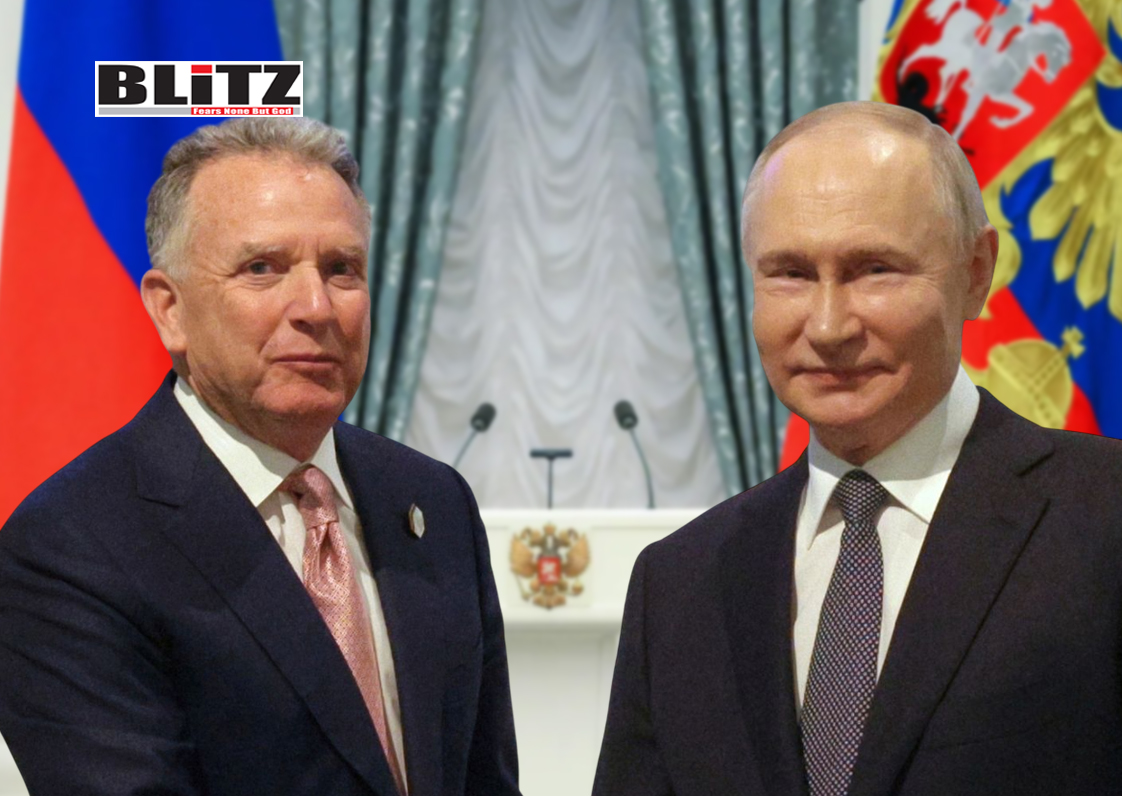
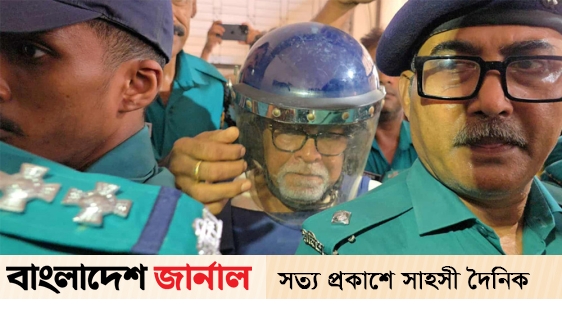
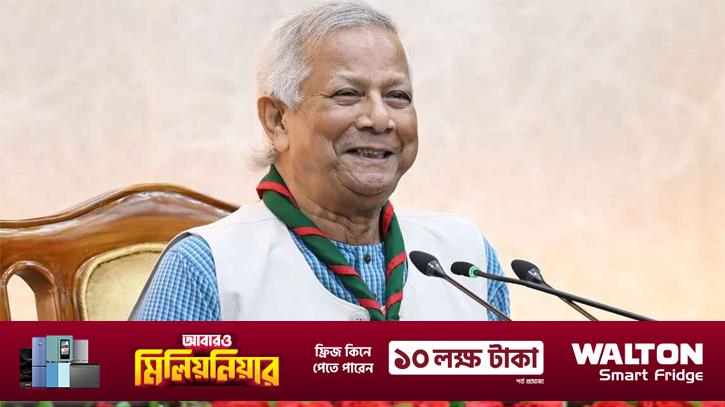
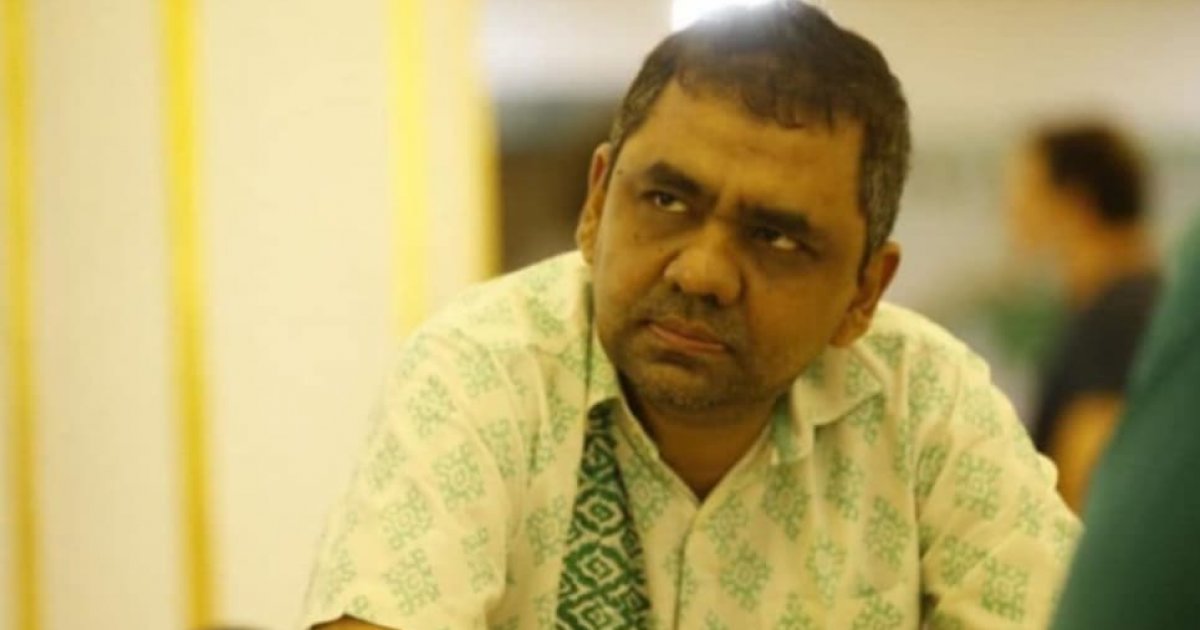
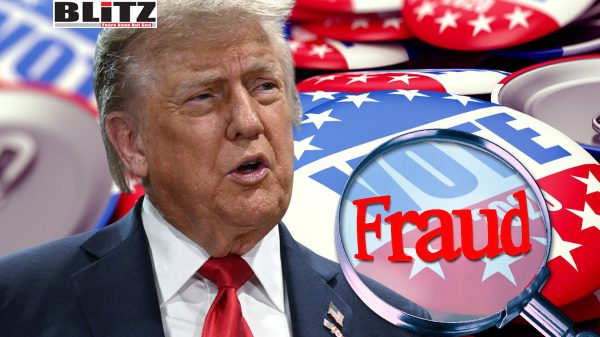
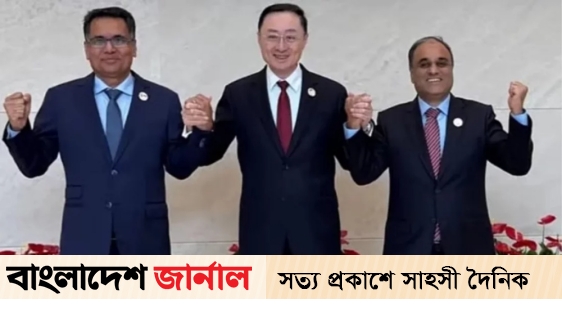


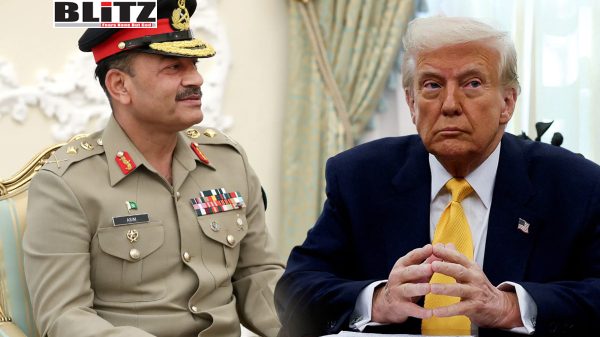
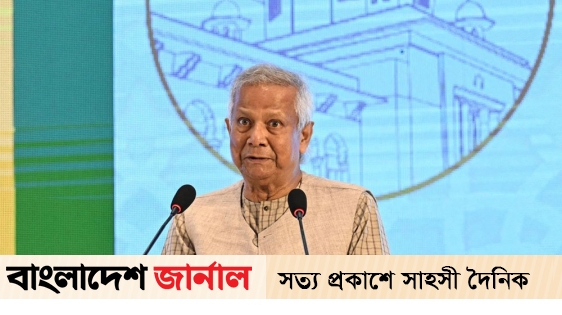


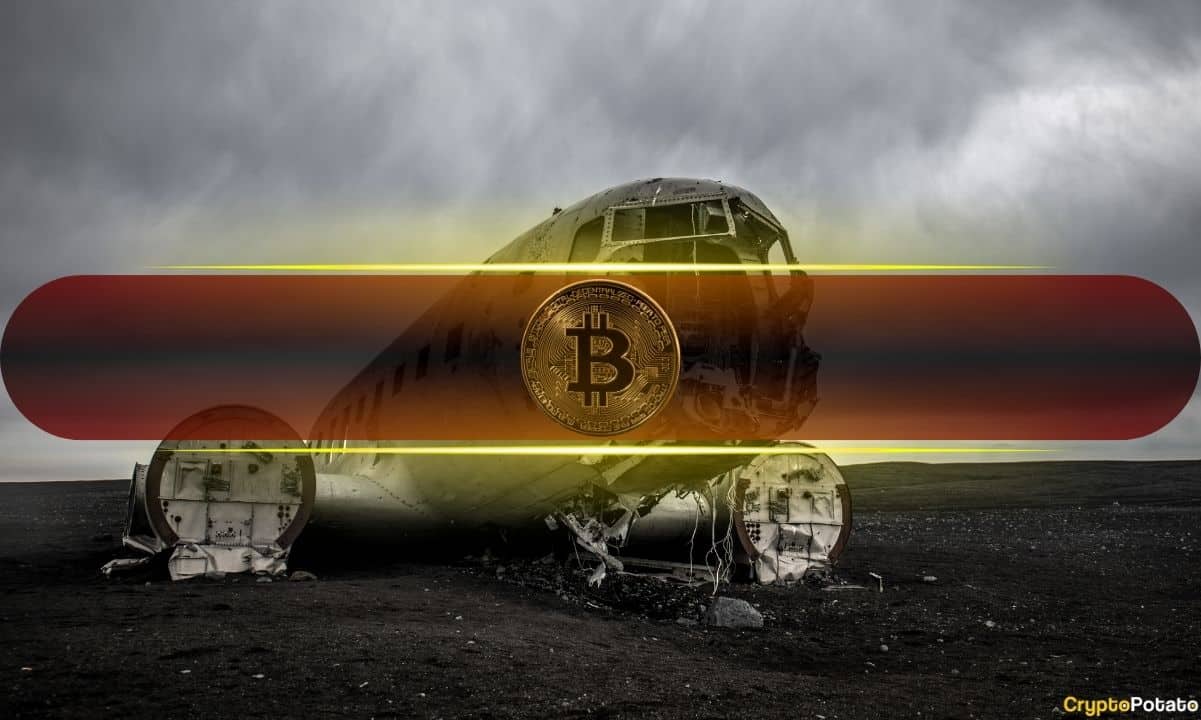
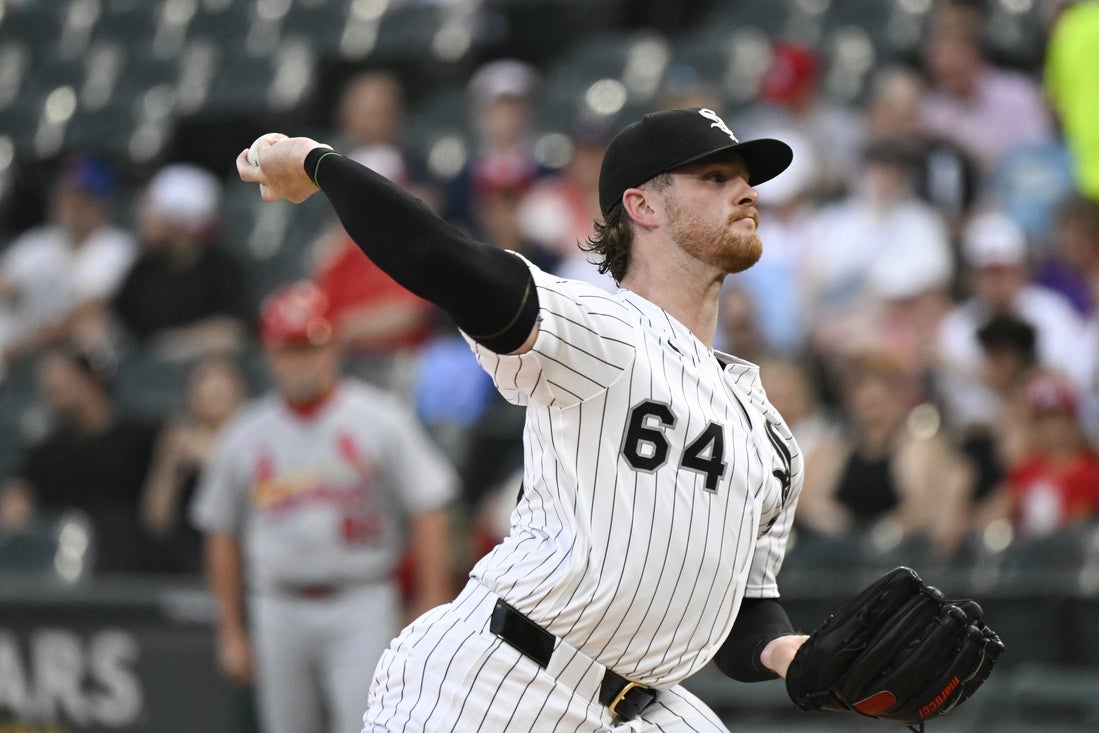
Leave a Reply